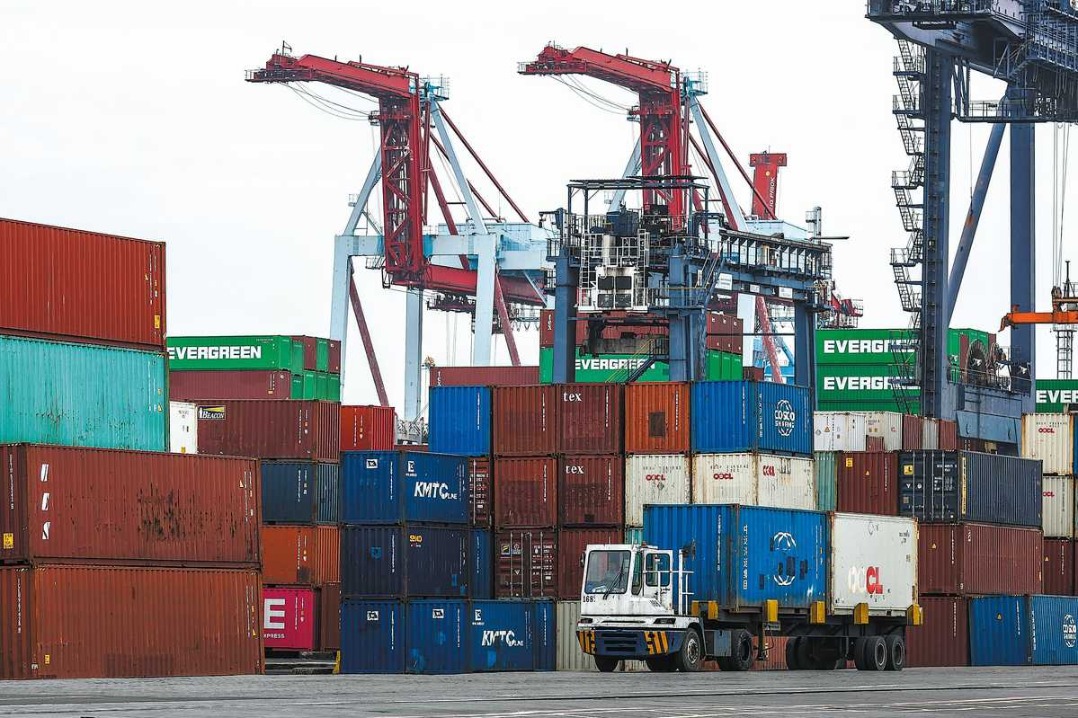Localization is a foundation stone in new motorway

Meeting local needs, such as organizing training in skills like soldering, is one way in which Shaanxi Construction Engineering Group Corporation Ltd successfully localizes its operations, says Zhang Yiguang, the company president.
"We always communicate with local authorities to understand what they wish we can provide, rather than what we think they want," Zhang said.
The company is involved in the development of the Belt and Road Initiative in 12 countries in Asia and Africa, focusing on infrastructure construction.
Zhang said how to better benefit locals is another thing his company pays particular attention to.
The company provided roadbed, pavement engineering and other related materials and services to the M4 motorway in Pakistan, work on which began in December 2016, and in which SCEGC's work came to an end recently.
The 286-kilometer-long motorway will connect the two big cities of Faisalabad and Multan. During construction, Zhang said, there were only 20 employees from China, and the number of local employees, such as truck drivers and industrial workers, could be as high as 200.
The project not only provided employees with good wages but also helped them upgrade their work skills through free training, he said.
"Although many drivers we hired for the M4 motorway project had their own driver's license, their driving skills were deficient. So we organized comprehensive training from theory to practice.
"And when they finished their job they always asked us to issue a certificate so they could find good, well-paying jobs."
The free training was not limited to the employees, but opened to those outside the company willing to learn practical skills such as walling, whitewashing and soldering.
The company now employs more than 10,000 locals every year through its projects in different countries, and the localization process has been shifted to managers and senior technical engineers, Zhang said.
For example, a residential construction project in Rwanda required local staff to help in an entire process, so they could manage and maintain the building after the Chinese engineers left.
The company demands that materials needed in construction such as cement and steel be bought locally, a way of helping stimulate the development of related industries and better drive the growth of local economies.
Chinese employees try to integrate with the communities in which they are working, Zhang said.
"No matter where we go, we carefully study the local laws and regulations and familiarize ourselves with local cultures, customs and religions, and pay them the utmost respect."
Chinese staff take part in local events, donate to charities and invite locals to celebrate Chinese festivals to cement the relationships between both groups, the key to localization being communication, Zhang said.
"The more communication we have with the local governments, the more we get to know each other and the better we can help them. In return, it adds to the collaboration and good relationship between two countries."
































